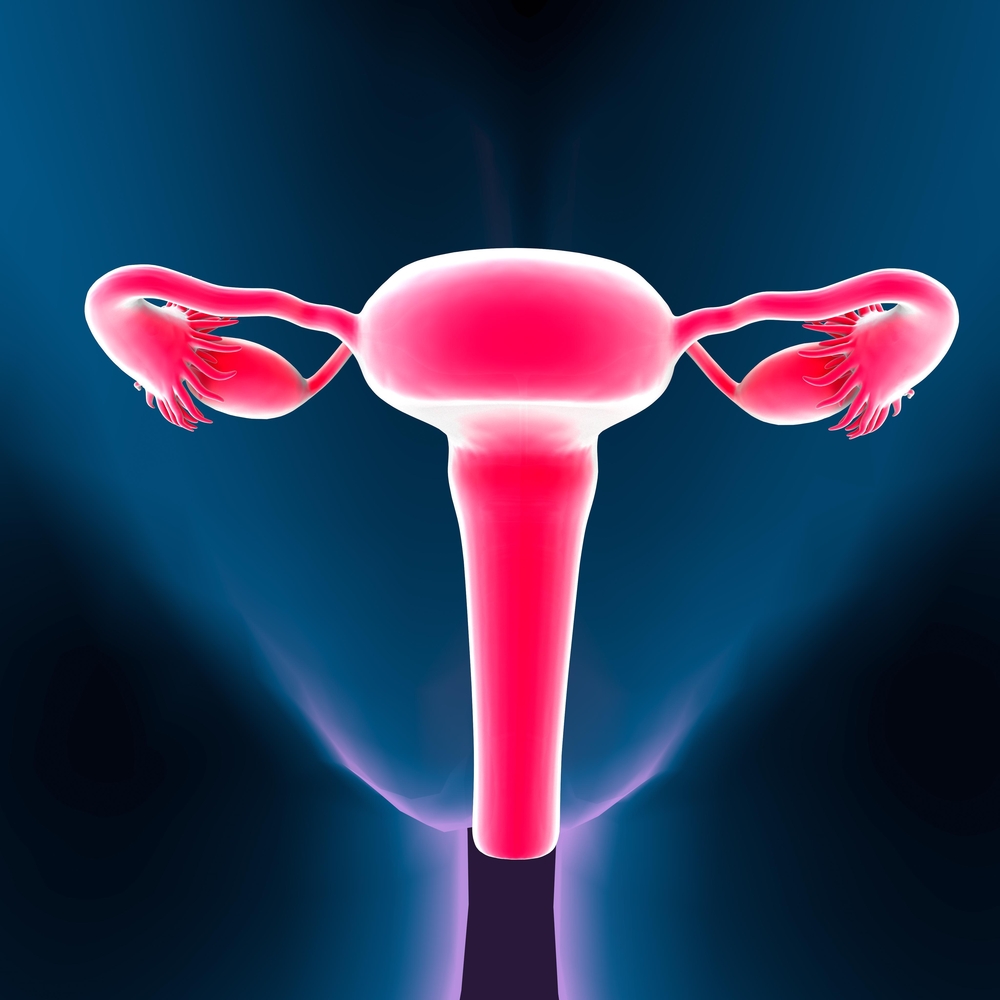Hormone Deprivation Reduces Brain’s Mitochondria Function, Animal Study Shows

In female rats, hormone deprivation was shown to negatively impact the health and function of mitochondria located in the high-demanding brain region called hippocampus.
The study “Hormone deprivation alters mitochondrial function and lipid profile in the hippocampus” was published in the Journal of Endocrinology.
In females, reproductive senescence (aging of the cells) is characterized by the loss of steroid hormones, especially estrogens. These types of hormones also have been linked to aging of the brain. In fact, recent reports suggest that mitochondria within brain cells are the target of steroid hormone action.
However, the long-term effects of sex hormone deprivation in mitochondria function within the brain, especially in the brain region called hippocampus, remains generally unknown. The hippocampus is “an area primarily affected during aging and highly responsive to ovarian hormones.”
In the present study, researchers investigated this link in female rats where rats were “ovariectomized,” which means they underwent surgery to remove the ovaries. In the control group, female rats had “sham” surgery (placebo surgery), which has no therapeutic effect.
After a period of 12 weeks, researchers analyzed hippocampal mitochondria for several parameters, including oxygen uptake, ATP (energy) production, membrane potential and respiratory complex activities. Additionally, they also measured the content of a special lipid, called phospholipid, which is located in mitochondria’s membrane.
Researchers observed that mice that underwent long-term ovarian hormone deprivation suffered a decline in mitochondria energy production, denoted by lower ATP production (ATP, or adenosine triphosphate, is the molecule used as energy currency on our cells). Evaluating the hipoccampal mitochondrial membrane lipid profile, researchers observed that while cholesterol showed no differences, other lipids (specifically unsaturated fatty acids) showed higher levels.
“Aged-related modifications in the inner mitochondrial membrane lipid content and composition have been broadly reported as causing a deleterious effect in membrane structural organization, which in turn contributes to mitochondrial dysfunction. Particularly, membrane unsaturation degree has been extensively related to aging,” researchers wrote.
Overall, researchers highlighted that this study “provides insights into ovarian hormone loss-induced early lipid changes with bioenergetic deficits in the hippocampus that may contribute to the increased risk of Alzheimer’s disease and other age-associated disorders observed in post-menopause.”
This suggests that therapeutic strategies targeting mitochondria membranes may prevent or improve the energy impairments suffered by hippocampal mitochondria after ovarian hormone loss.






